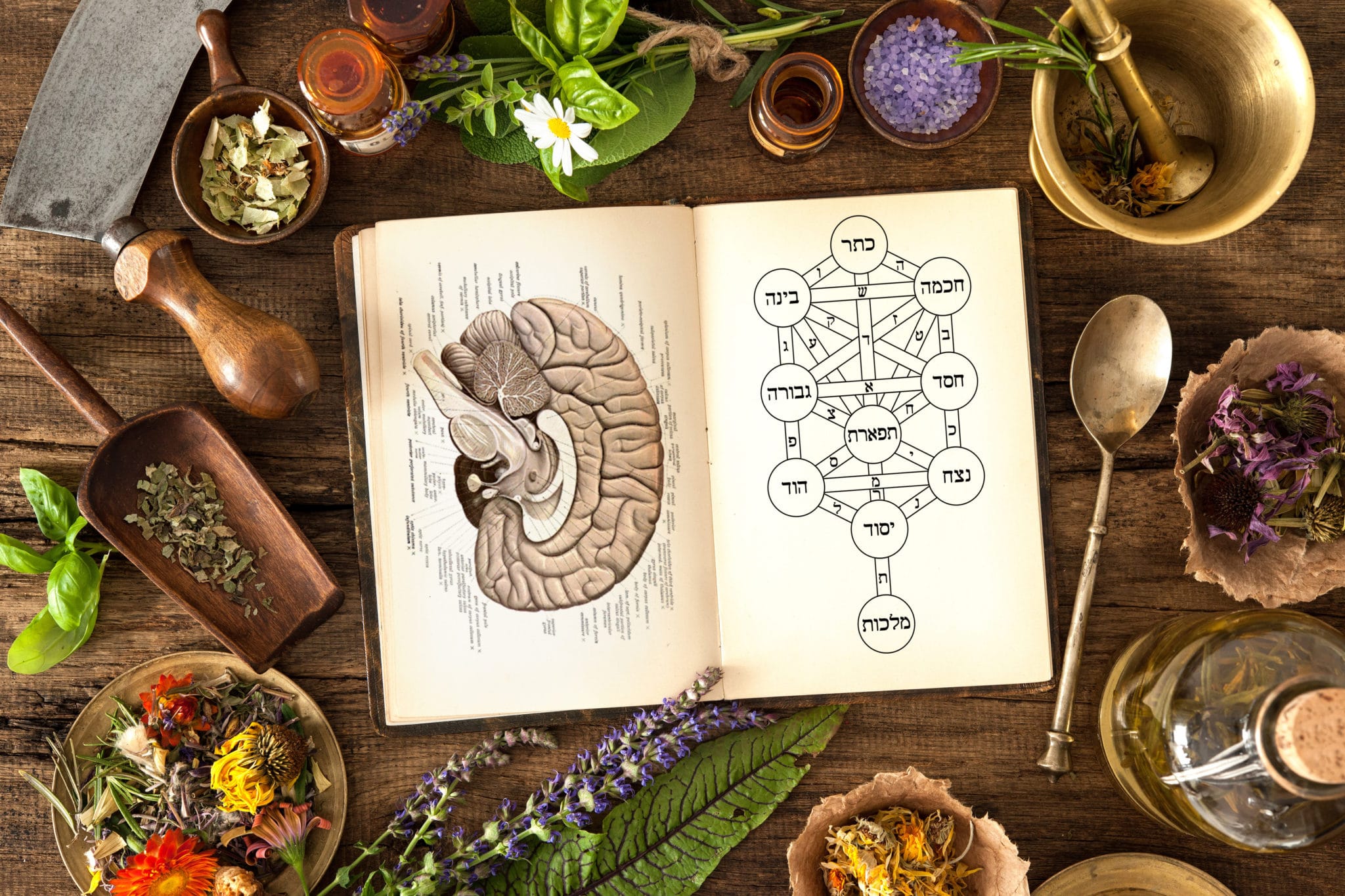PSYCHOLOGY AND RELIGION
Are they Compatible?
Psychology means study of the soul. But many schools of psychology today, not to mention Freudian psychology, reject or question (as do many scientists) the existence of a soul. Just witness the outrage of some academics at the best-selling book, Proof of Heaven: A Neurosurgeon’s Journey into the Afterlife by Dr. Eben Alexander. Many scientists feel that Dr. Alexander has betrayed their craft with his claims about the existence of a soul based on his near-death experiences. So then what is psychology? Perhaps the question that needs to be asked is: what is a soul?
Religion and healing were inseparable through most of history. In some societies, the priest and physician were one and the same person, administering spiritual and physical healing with divine sanction. The advent of scientific medicine in the middle of the 19th century separated medicine from religion nearly completely. But now, a century later, the direct interrelationship between the body, mind and spirit has become firmly established (although psychosomatic medicine had already been described in the 12th century by Moses Maimonides). Over the past several decades, there has been a broad revival of interest in spiritual healing and religious practice and health.
But the link between medicine and religion — as in the broader war between science and faith — remains roiled in controversy, serving as a matter of passionate and seemingly perpetual disagreement. How much of a role do religious practices, faith and trust in G-d play in the healing process? Does religion and especially mysticism offer a viable psychological model for healthy living? Does religion have positive or, as some argue, negative neurotic effects on health, especially mental and emotional health? Should physicians and psychologists address or not address religious issues in clinical practice? Is there a connection between “sin” and “illness”? Or is that unhealthy thinking, bringing on feelings of guilt, neurosis and shame? Does modern medicine’s way of explaining diseases do away with the belief that illness is a result of defying G-d’s will? Does prayer have curative powers? Is there such a thing as faith healing? And what about miracles? These and many more questions, a number of which deal with serious issues of life and death as well as key theological ideas, are being argued, with no resolution in sight.
Please join Rabbi Jacobson in this fascinating journey into the psyche and soul. Discover how Jewish mysticism provides us with an x-ray of the soul, offering us a new blueprint, which when integrated with what we humans have hitherto discovered, provides us with a comprehensive methodology to address the emotional and personal issues of our lives and answer our most pressing questions — about love, sexuality, anxiety, depression, education, individuality and the entire spectrum of the human condition. Learn what makes you tick and in the process — take control of your life.






